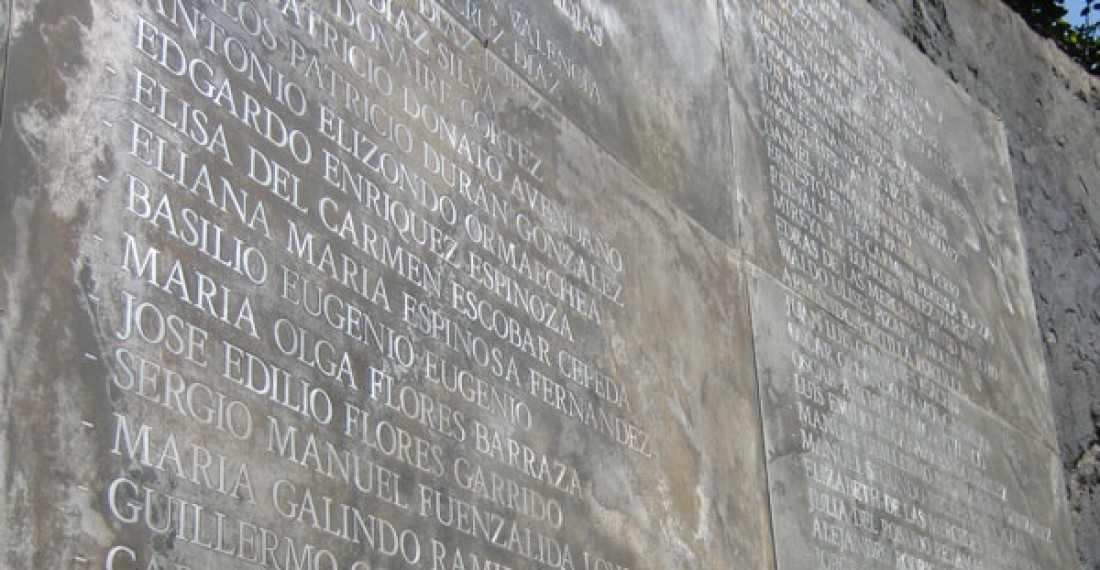All victims of human rights violations have a right to reparation. Different victims have different needs, and those needs can change over time. The type of reparation required can also vary according to the victim’s economic class, gender, age, and social identity. Women, for example, experience violations in significantly different ways than men, and their experiences should not be limited to sexual or gender-based violence and its consequences. Landless communities will have reparative needs different from displaced urban families.
States that commit or fail to prevent violations, as well as non-state entities, including individuals, institutions, corporations, and armed groups that perpetrate or are complicit in those violations, have a legal obligation to provide reparations.
It is important to remember that compensation—or the payment of money—is only one of many different types of material reparations. Other types include the restitution of civil and political rights; physical rehabilitation; and granting access to land, housing, health care, or education. Reparations can also take the form of revealing the truth about the violations themselves and providing guarantees that they will not be repeated. Symbolic reparations—such as apologies, memorials, and commemorations—are other important reparative measures that can be more meaningful when conferred alongside material reparations.
Reparations can be implemented through administrative programs or enforced as the result of litigation. In many countries, transitional justice processes have provided reparations to groups, communities, and even regions. The design and delivery of collective reparations may intersect with development programs, while urgent forms of individual reparations might intersect with humanitarian relief programs. These overlaps are inevitable because those who are the most vulnerable to human rights violations also suffer most from social and economic inequality. Reparations should be designed and implemented in ways that can transform these unequal and unjust conditions. Most victims see reparations as the most direct and meaningful way to obtain justice. Yet, reparations are “rarely prioritized” and are often the least-funded measure of transitional justice.
